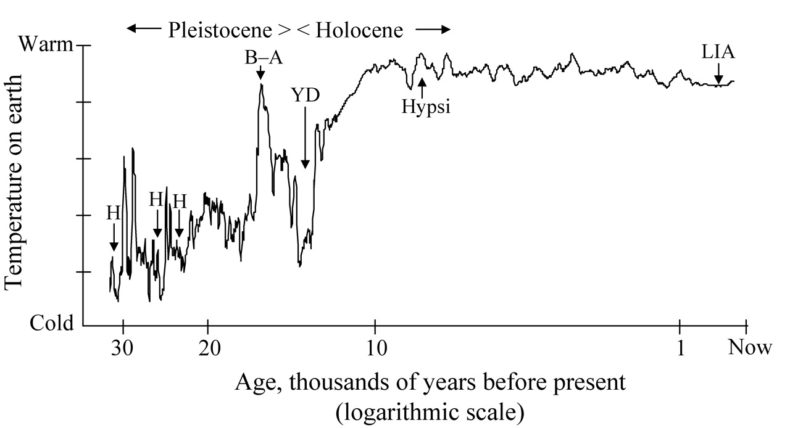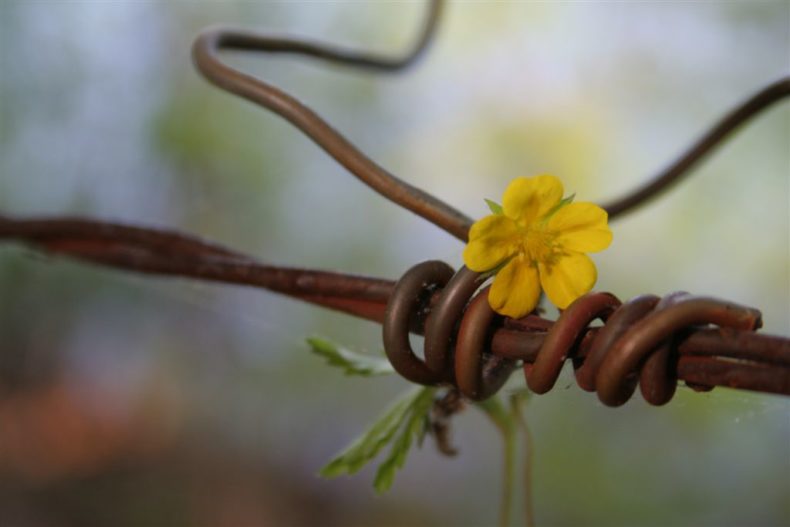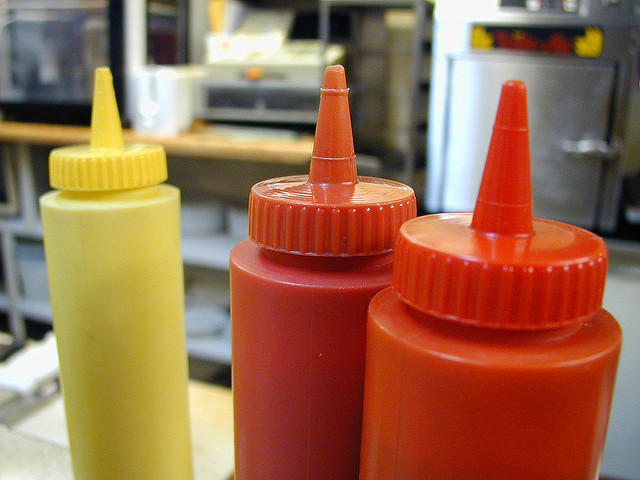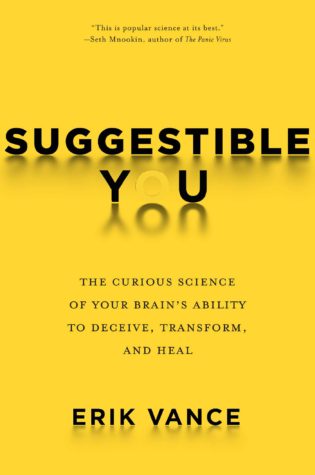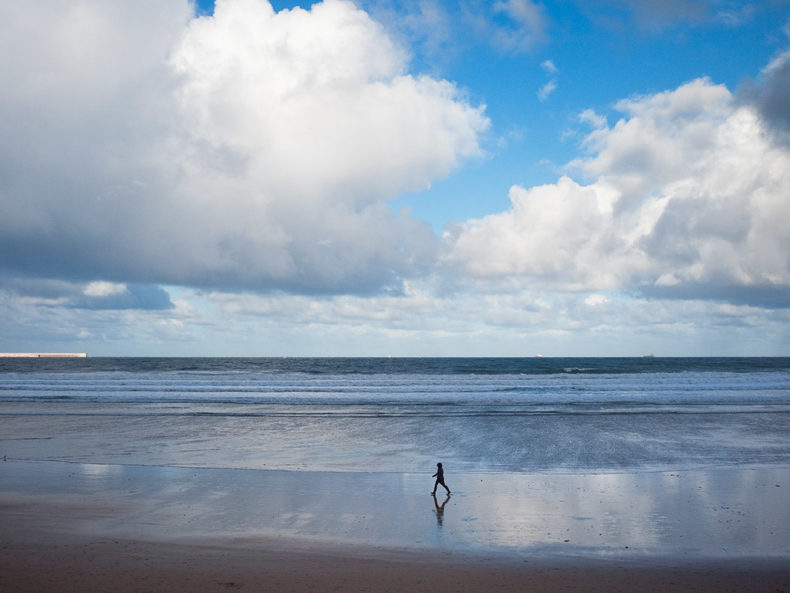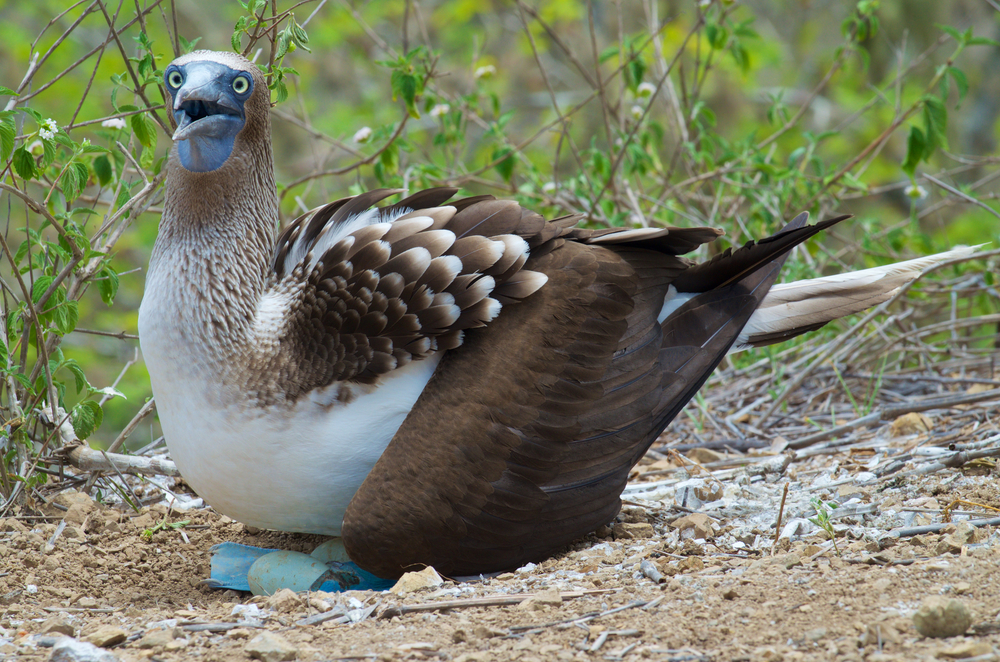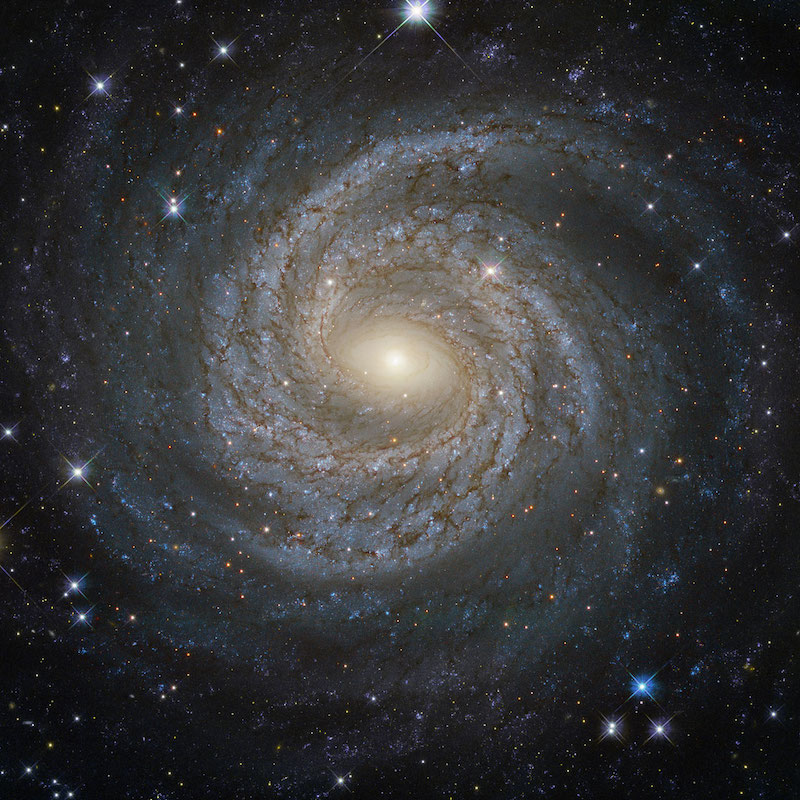This post first ran on Mar 12, 2014. 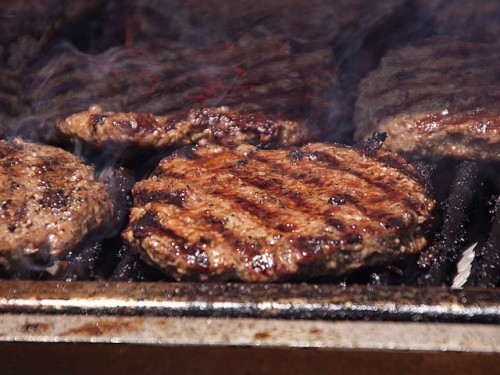
I was having lunch with a vegetarian friend recently, when I caught myself wanting to tell her the story. When you’re a vegetarian, a lot of people — friends, distant relatives, complete strangers — barrage you with the story. It starts like this: “Yeah, I tried going vegetarian once.”
During my 13 years as a vegetarian, I heard every variation of the story, and they all followed the same arc. Due to some earnest concern like animal rights, the environmental consequences of meat production or the artery clogging properties of lard, the storytellers decided to give up meat. Things are fine for a while, until we reach the story’s conflict. The protagonists notice their muscles shriveling or curly, dark hair hair growing on the backs of their hands, or new bald spots appearing on the top of their heads. They can’t sleep or they sleep all the time, they find themselves deficient in vitamin woo, or they’re plagued by strange bowel movements (which they describe in graphic detail). Now the story’s hero must decide whether to stick to good intentions or resume the meat-eating.
It’s never even close. The slab of beef that breaks the streak is the most mind-blowing thing that any human being has ever tasted, and the storyteller’s life is returned to balance once again. In closing, the protagonist will usually indulge in a bit of self-depreciation for being so naive as to attempt a life without bacon.
I’d heard more than a decade’s worth of these stories, and I’d always dismissed them as the desperate justifications of people who felt secretly guilty about eating slaughtered animals. I’d done the research and knew that vegetarian diets are perfectly healthy, so I’d always considered these tales a pile of bull honkey. Continue reading
